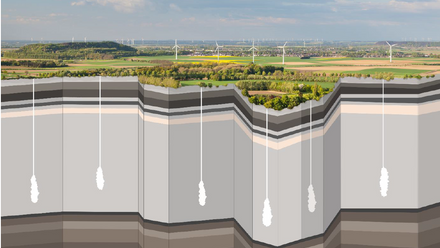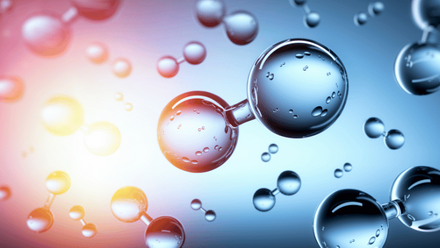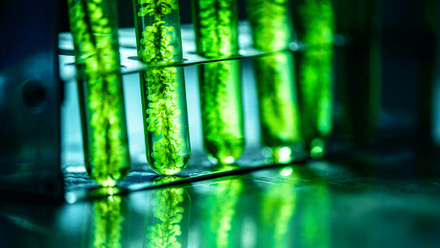Waste water to hydrogen: WWU's success story
Through an exciting partnership project, funded by the OFGEM Strategic Innovation Fund, Wales & West Utilities (WWU) and HydroStar have successfully produced green hydrogen (h2) from several impure water sources.
The results from the initial phase indicate that the membraneless electrolyzer prototypes were able to produce h2 with a minimum purity of 94% through direct electrolysis of nine various impure water sources, reaching an outstanding purity of 94.9% from untreated sea water.

Work is ongoing to optimise electrode setups and electrolyte compositions to achieve the desired minimum hydrogen purity of 98% needed for domestic and industrial uses.
Green hydrogen is produced using electrolysis and power from renewables like wind and solar.
Current electrolysis technologies require highly purified water to be able to produce hydrogen, which is both costly and places demands on the UK’s water supply.
The membraneless technology removes rare metals from the device design and uses a green, non-corrosive electrolyte which can be adjusted to suit specific types of wastewaters. The innovative control system designed by HydroStar also allows an additional 10% hydrogen to be produced from the same sized stacks when connected to solar power.
Matt Hindle, Head of Net Zero & Sustainability at WWU commented: “We are really excited with the outputs from this phase. Using sources like rainwater, storm overflow and wastewater as feedstock, we could see many of the operational barriers and costs of green hydrogen production reduced.”
“Using industrial process wastewater could also encourage co-location of production sites, using wastewater to generate hydrogen that powers the onsite process itself, as well as increasing resilience in the network by injecting excess hydrogen. This further supports the widescale uptake of low-carbon hydrogen.”
Charlie Newbold, Head of Operations at Hydrostar, added:
“This technology is an industry first, and we’re delighted to be at the forefront of development. As well as achieving impressive levels of green hydrogen production, the project also offers potential for reusing the oxygen produced as a by-product, further enhancing the environmental and financial benefits.
“We’ve already had a lot of interest from industrial customers looking to decarbonise their processes and look forward to the collaboration opportunities ahead.”

![Steel [canva]](https://www.igem.org.uk/static/50be7f75-c475-4a0a-9980bc2553030d23/resourcegridlistingimagedefault_4d12532919c64e60a22baf03232bbf94_4a7c7e45a350/Steel-canva.png)

![Mountains [canva]](https://www.igem.org.uk/static/0d138f41-6894-416a-b2ecb49adeb8ba37/resourcegridlistingimagedefault_4d12532919c64e60a22baf03232bbf94_4a7c7e45a350/Mountains-canva.png)


